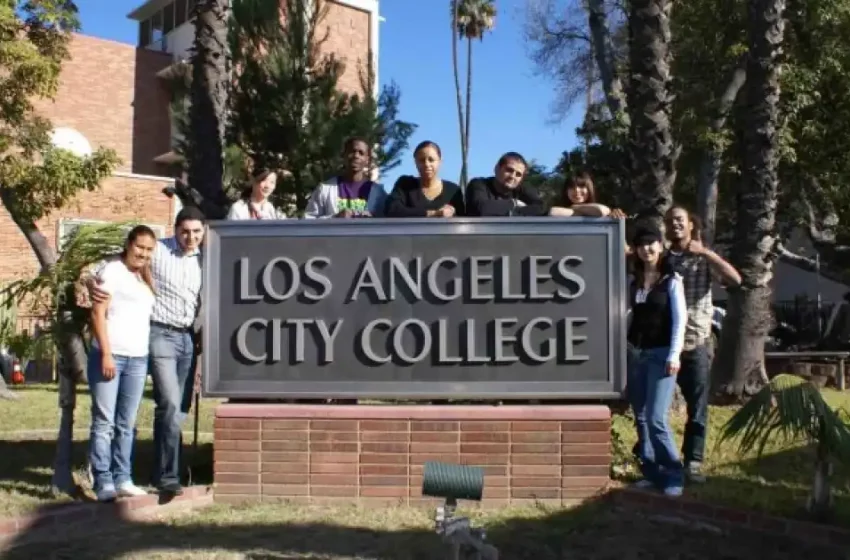
Should You First Attend a Community College?
Community colleges have benefits and drawbacks compared to traditional four-year universities. Here are some things to think about while deciding which choice is best for you.
Requirements for Admission
Admission standards are one of the major distinctions between community colleges and four-year universities. Most community colleges in Colorado Springs have open admission, which implies that anyone can enroll. If your high school grades aren’t aligned with what 4-year universities want, this is a great option. Community college can also serve as a springboard to a four-year institution. You can put yourself on the road to transfer to your 4-year school of choice once you know the transfer requirements (how many college hours are required, transfer GPA, etc.).
Fees and Tuition
The second benefit of community college is the lower cost of tuition. Community colleges can be at least 50% cheaper than four-year schools for the same number of hours. If saving money for education is a major concern, community college is viable. (It should be noted that tuition at in-district community colleges is less expensive than tuition at out-of-district or out-of-state community institutions.) If you choose to live on campus, the cost of housing and board is a factor to consider in tuition and fees.
Schedules of Classes
Community colleges frequently provide flexible class schedules, including early morning classes, evening classes, and weekend classes, because many students work. If you work full-time, this is advantageous.
Distractions
Community colleges can be advantageous for recent high school graduates because they have fewer distractions. Due to the lack of on-campus housing at community institutions, there are fewer options for partying and other activities that can distract you and produce lower grades during your first year.
Commitment
Community colleges are also advantageous because they allow you to determine whether or not college is something you truly want to pursue at a far lower expense than a four-year institution. If you’re undecided about whether or not college is right for you, take a few classes at a community college to get a feel for it. How much research is required? Are you willing to put in the time and effort needed to succeed? The rule is 2-3 hours of outside study time per credit hour. Thus a regular 3-hour course would need 6-9 hours of outdoor study time. Are you able to sit for long periods in class? Etc
Social Engagements
A 4-year school may be a better option if you are an extremely social person who enjoys participating in many school activities. While community colleges frequently offer a variety of academic activities, programs, and celebrations, they rarely have formal sports teams or as many programs as a four-year institution.
Education’s Quality
Another thing to think about is your education at a community college. Some community colleges have extremely high educational standards, while others have lower ones, yet others are somewhere in the middle. Community colleges usually have more inadequate criteria than four-year schools. One approach to learning about a community college’s quality is to speak with someone who has taken classes there. Did they think schooling was of high or bad quality? Do they believe the knowledge they obtained while attending community college effectively prepared them to transfer to a four-year institution? Another option is to speak with an advisor at the 4-year school where you intend to share. What are their thoughts on community colleges? If the transfer university is in the same or nearby city, this is an excellent option.
They may give your comments about the school’s quality on occasion. They might even recommend some alternatives to think about. If you’re a recent high school graduate, you could also inquire about information or suggestions from your guidance counsellor. Allowing money to get in the way of your education is a mistake. A $10,000 grant is available through a free scholarship.

